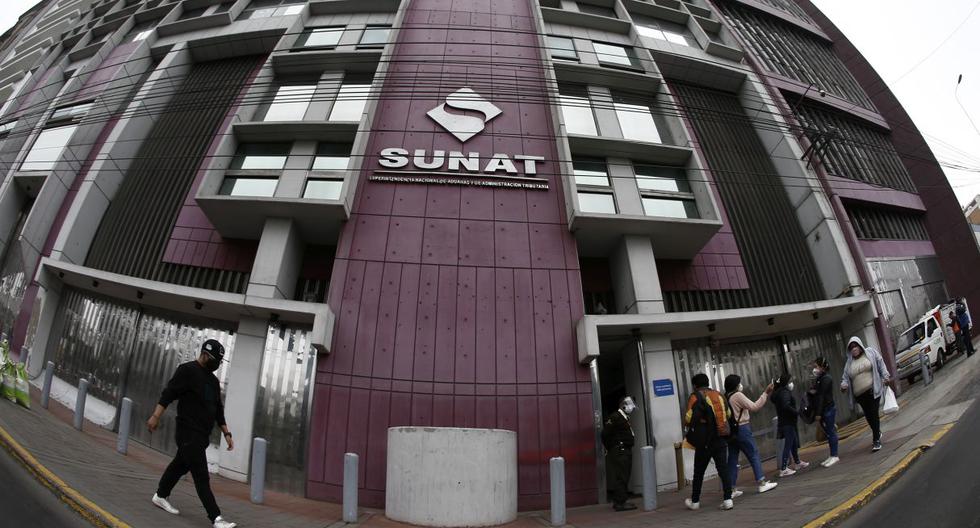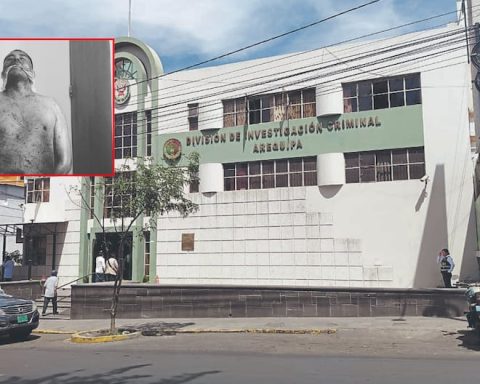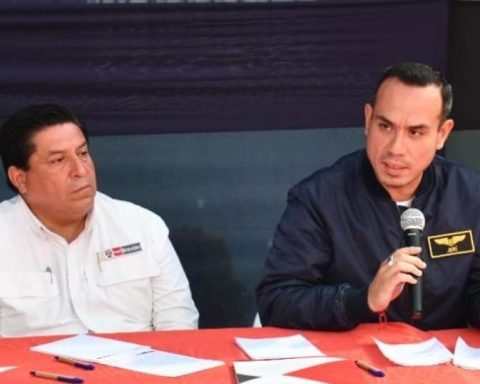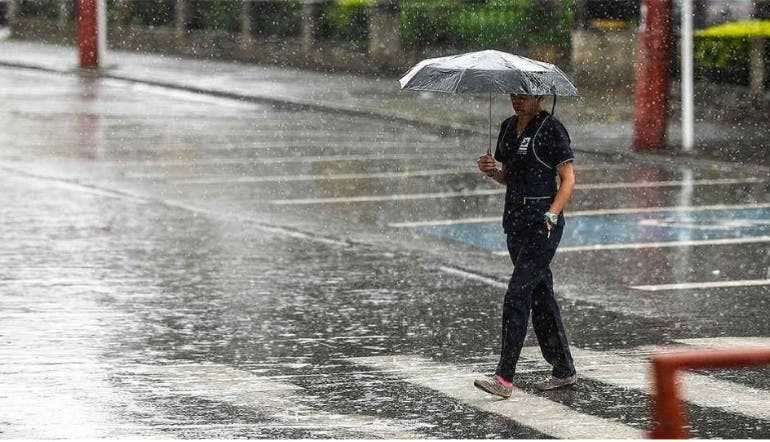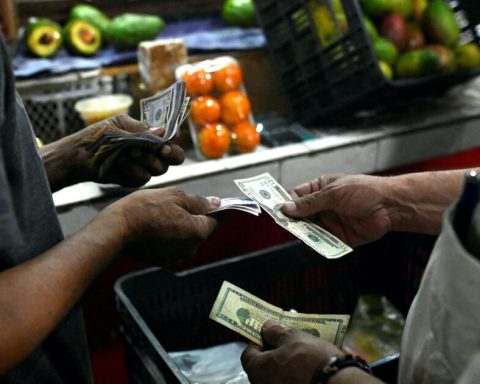The National Superintendence of Customs and Tax Administration (Sunat) issued on July 13, 2022 Resolution No. 123-2022, which modifies the regulations on electronic remittance guides and establishes the mandatory nature of their use.
According to Renzo Alcántara, president of the Peruvian Association of Providers and Operators of Electronic Services (Aspose) and General Manager of TCI, this regulation could cause more than 600,000 companies to have losses due to merchandise shipments.
That said, the new provision would modify the Electronic Referral Guides, which can generate up to 10 times savings in printing costs, savings of 80% in printing times, agility in document management and reduction in carbon footprint.
It is worth mentioning that this year 646,159 companies are issuers and use different systems to process their electronic payment receipts. 77% of them use the SOL Portal (from Sunat); 19% issue with their own taxpayer system; and 4% rely on the OSE. And until May of this year, more than 280 million distributed CPEs have been issued: +211 million (OSE system); +64 million (taxpayer system); +5 million (SUN Portal).
“These data tell us that the transactional volume of the OSE’s authorized by Sunat itself is greater than the other SEE. In addition, the OSE register the main taxpayers (Pricos) that contribute with more than 70% of the country’s transactions. So, why does the new referral guide rule eliminate this system and only prioritize the SOL Portal and the SSE-Taxpayer?”Alcantara specifies.
LOOK: Sunat projects that tax collection will grow 10.2% at the end of 2022
The specialist adds that this is due to the control carried out by the Superintendency to find out the validity of the driver’s license, the plate and the circulation permit of the vehicles used in the flow of dispatches; and unfortunately that data cannot be shared with the OSE’s.
Likewise, it warns that, in the face of an eventual exponential increase in transactional volume, Sunat would process three times more validation requests in its system, and there would be a risk of paralyzing the validation processes and proof of receipt, both for suppliers and acquirers. , which would bring, consequently, the loss of merchandise and cost overruns for the companies.
What should Sunat do?
1. Provide a sandbox environment with the new provisions: work collaboratively with the actors involved in the tax ecosystem and thus accelerate its adoption.
two. Implement mechanisms and clear contingency regulations: provide a clear alternative to computer problems or maintenance that may occur.
3. Reconsider operational support with the validation of electronic service operators: considering its experience in the matter, 24×7 support, its processing capacity and service continuity.
